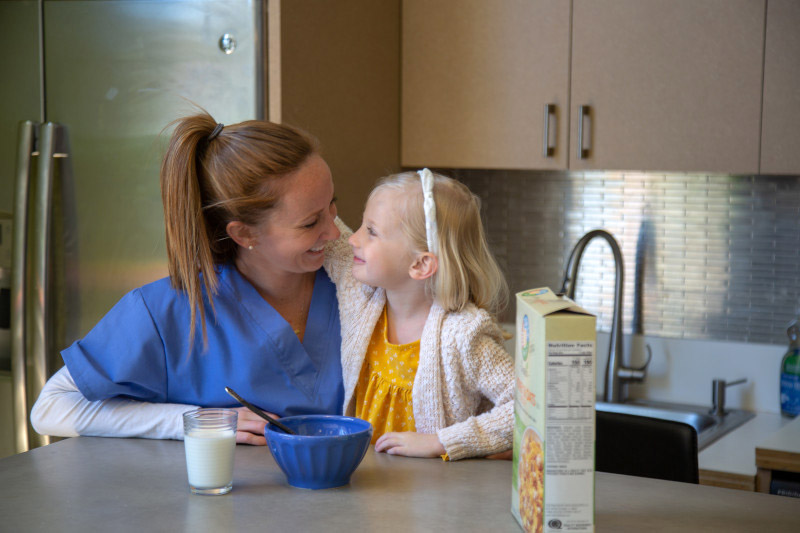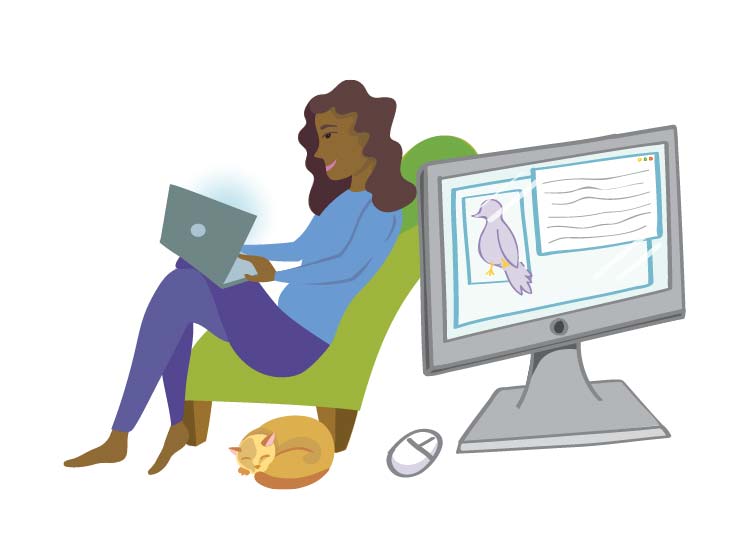Childhood playdates aren't as tricky as high school dates, but there are some basic guidelines that can help make the experience more successful for you and your child.
Choose a location that allows for active play.
Locations that require sitting and being quiet, such as libraries, movie theaters, or performing arts locations can be frustrating for children if their main objective is to play. A home or park are good places to start. Most children could use much more outdoor time.
Limit the number of children.
The more children in a playgroup, the more interaction and the greater chance of squabbling. Older children may want to choose whom to invite.
Check assumptions with the other parents.
Parents have different opinions about supervision, developmentally appropriate activities, and what's acceptable to snack on. And parents differ on flexibility, tolerance, and ability to stretch to accommodate the diverse ways that families raise their children. "Is it okay for 5-year-olds to play in a fenced backyard with 'from the kitchen window supervision?'" "Are cookies at 3:30 p.m. reasonable?" "Can 4-year-olds play with make-up, video games, or action heroes?"
Schedule an hour or so for the playdate.
Give children adequate time to warm up to each other and enjoy playing, but be aware that after an hour even the children who are best at sharing can start to tire.
Put away special toys.
Before the playmates arrive, let your child chose two or three toys to put away that he will not be required to share. One parent even asks her toddler, "When your friend comes to play, would you like it if you both play with (insert the child's favorite toy that day)?" If the answer is no, that automatically qualifies the toy for "going to sleep" during the playdate.
Have multiples of the "cool" toys.
Before your child's friend arrives, step back and assess the toys that are out and about. If your child has been gravitating to the toy train set recently, are there two trains? If not, what is your plan if they both want the train? Toys that have multiple units, such as tea sets, building blocks, musical instruments, toy tool sets, and hand puppets can help alleviate arguments over who gets to have the toy.
Establish a sick policy.
Parents have different expectations regarding children and illness. If runny noses aren't welcome, make that clear when you set up the playdate. Parents should have no qualms about setting their definition of "sick."
Let children play at their own pace.
Although we may be anxious for our young children to play with others, give them time to warm up and accept that young children may choose to play independently.
Supervise closely, but stand back.
Let children work out their differences themselves if they are not hurting one another. Kim Wallace, a San Francisco-based writer, suggests these ideas for resolving conflict:
- Don't jump in at the first sign of trouble. Even though you should keep an eye on everything the children do during the playdate, small disagreements seldom last long, and if you hang back you'll often find that the children work out their own resolution.
- Intervene rarely, but firmly. If, however, a conflict is escalating into verbal or physical confrontation, it's time to step in. Remain calm and make firm statements like, "I can't let you do that to Kyle." Explain that words and actions that hurt are not acceptable, and then coach the kids on coming up with a compromise to the original problem. If the fighting continues, separate the children for a while or introduce a new activity that's less likely to cause conflict. Here's where suggesting that the children "switch" toys after two minutes, instead of using the word "share" may be helpful.
- Pile on the praise. One way to keep negative behavior to a minimum is to consistently acknowledge good behavior. Make statements such as, "Wow, you were so nice to let Henry play with your favorite train! That made him really happy!"
Have a simple project at your fingertips.
Having a simple project at your fingertips is another way to help ensure the playdate goes smoothly and the children are content. This way, if the children seem to want, or need, a break, you can let them know you have a surprise in store for them. This may be as simple as making hot cocoa together in the kitchen, collecting acorns and leaves outside, or having a story time. Even school-agers love being read to, inventing their own stories, or planning a performance.
Have a simple project at your fingertips.
Give your child a five-minute warning before it's time to go. You're more likely to have a smooth transition leaving if he has a chance to finish playing. Give a longer warning if you want to include time for clean up.
Ask the children what they enjoyed.
Playdates create conversations. Use the time afterwards to find out what your children enjoy, don't like, and what they would like to do in the future. It's also a good time to talk about how families are alike and different.
As with so much in parenting, keeping a good perspective, a sense of humor, and your wits intact can offset a challenging situation and turn it into an enjoyable one. Keep in mind that playdates become easier after practice. Above all, have fun and don't worry if it doesn't go smoothly, your child will not be removed from the playdate list forever! As children get older and more familiar with people and places away from home, they're able to have playdates where we drop them off for a few hours alone.
- Author Jennifer Bingham Hull offers 15 strategies for fun and successful kids' get-togethers
- Browse our Learning at Home Activities for some simple playdate games & projects
- Media Mom learns the hard way that location is key in her post - Play Date Mismatch
- What do you do when your child has developmental delays and rarely plays with other children? Find out or leave an answer on our community discussion board.





